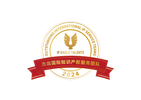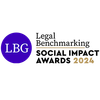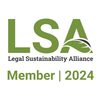In recent months, the European Patent Office (EPO) has made a well-documented change to videoconference proceedings in both examination and opposition proceedings.
Additionally, recent changes to the Rules of Procedure of the Boards of Appeal have paved the way for the increased use of videoconference technology in appeal proceedings. However, in all instances, videoconference proceedings can still be held on the premises of the EPO if there are ‘serious reasons against holding them by videoconference’.
Whilst the threshold of ‘serious reasons’ is assessed on a case by case basis, if proceedings required the presence of a witness, expert or the inspection or demonstration of the invention or relevant prior art, then objections to holding proceedings by videoconference were more likely to be successful. However, changes introduced by the EPO on 01 January 2021 have reduced the chances of successfully raising objections on these grounds.
In a continuation of the EPO’s move towards videoconference proceedings in all cases, the EPO has amended Rules 117 and 118 EPC, those relating to witnesses, experts and evidence, to formalise the procedures for the use of videoconference proceedings in such circumstances. Additionally, the EPO has issued further guidance on the issue, including the formalities associated with the inspection of an item in videoconference proceedings, and the access of witnesses and experts to the relevant sections of any videoconference hearing before the EPO.
We expect an even greater proportion of oral proceedings will be held by video conferencing given the EPO’s changes. With formalised procedures for witnesses, experts and inspection during videoconference proceedings, in-person proceedings in opposition and examination are likely to be very limited. However, the EPO has confirmed that the option for in-person proceedings remains available where parties have genuine accessibility issues that would prevent their participation in videoconference proceedings, or where inspection of an item concerns a feature, such as feel, that cannot be properly transmitted by videoconference.



















